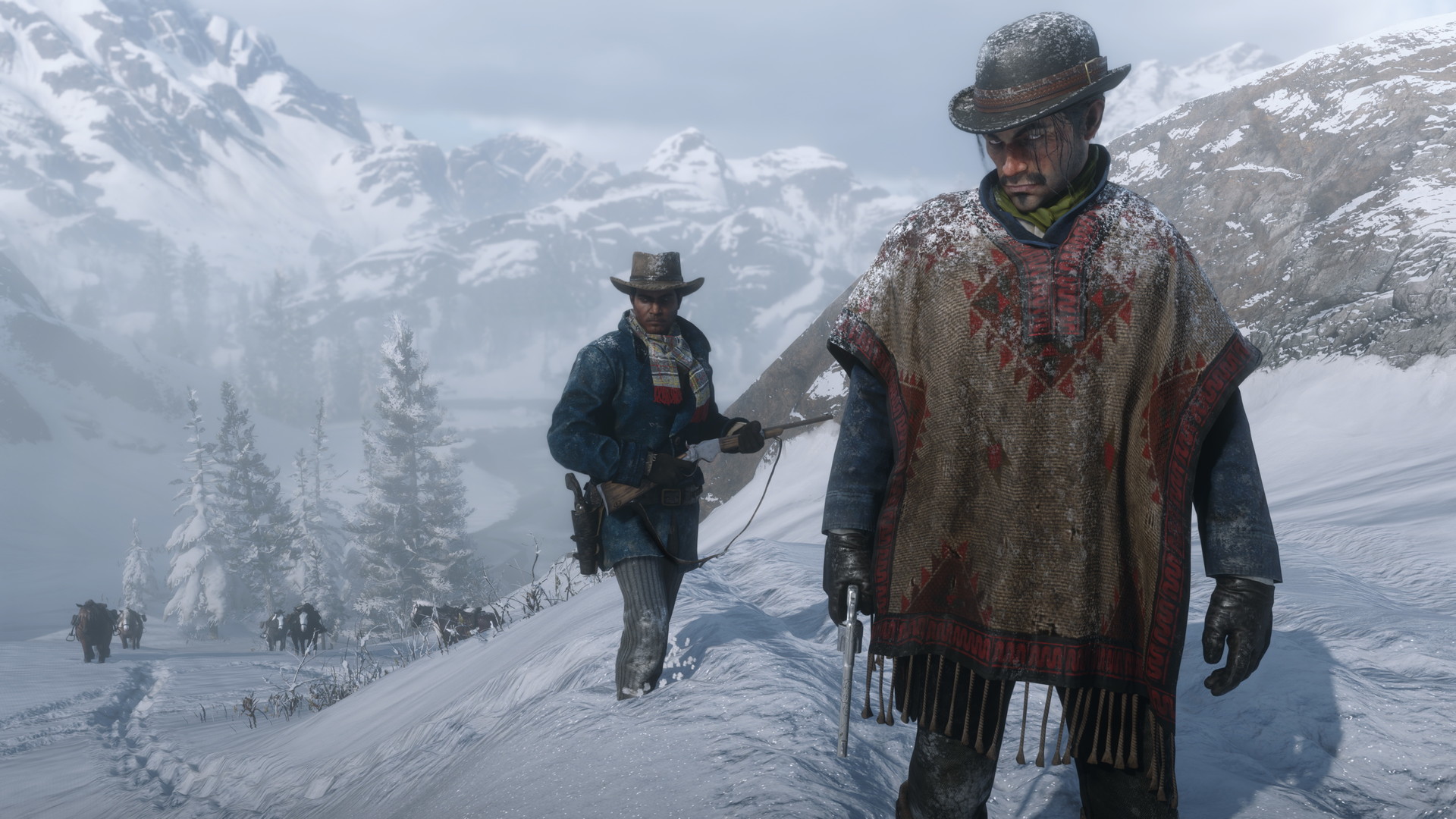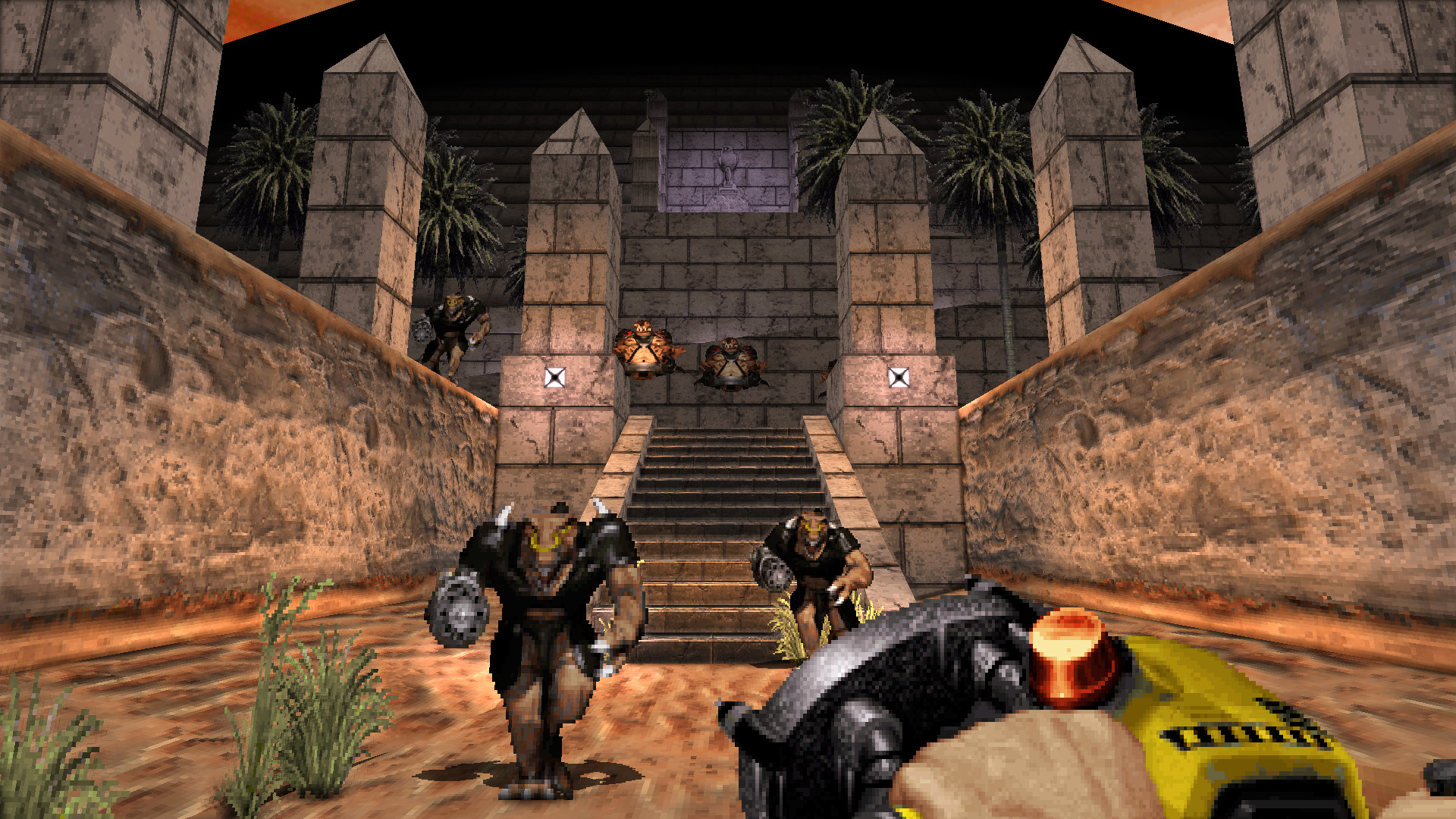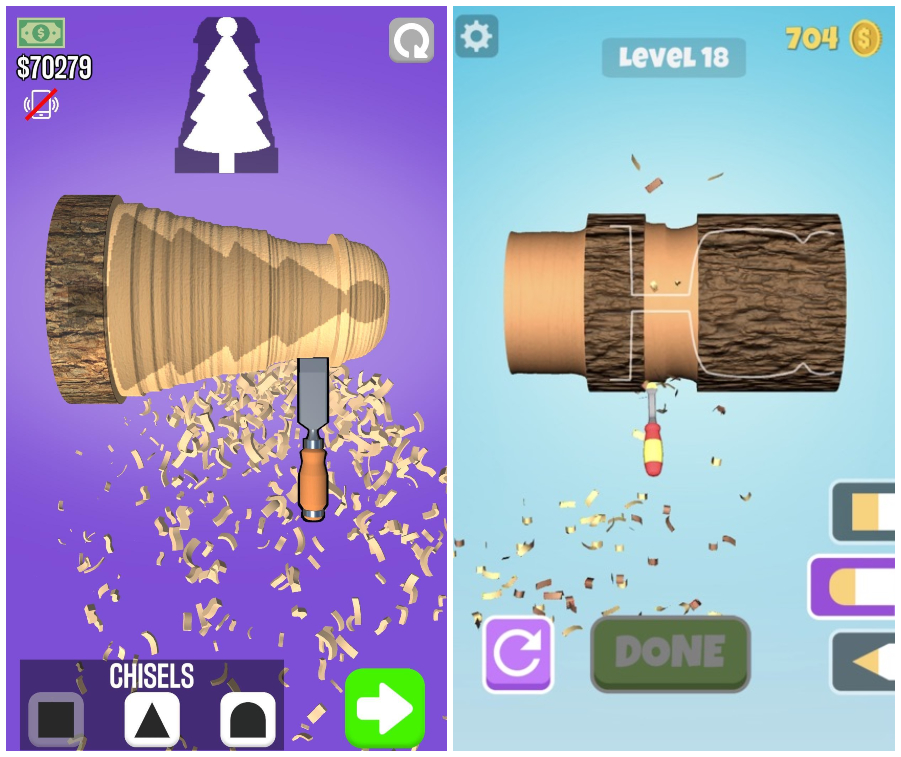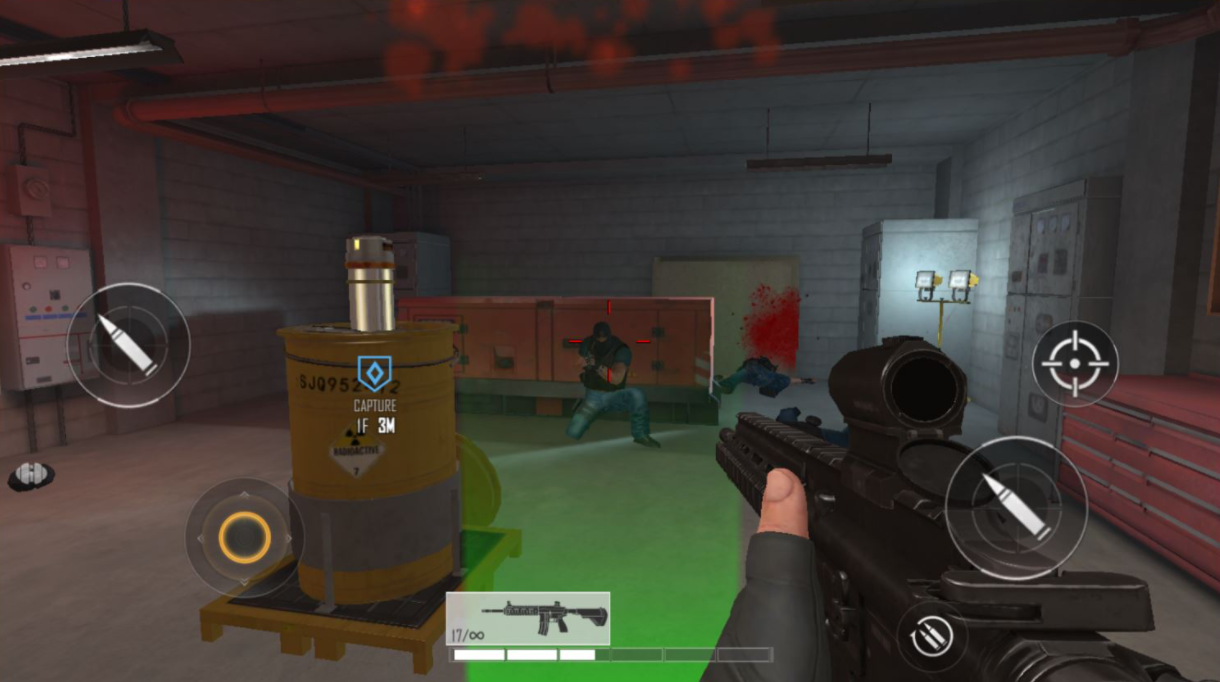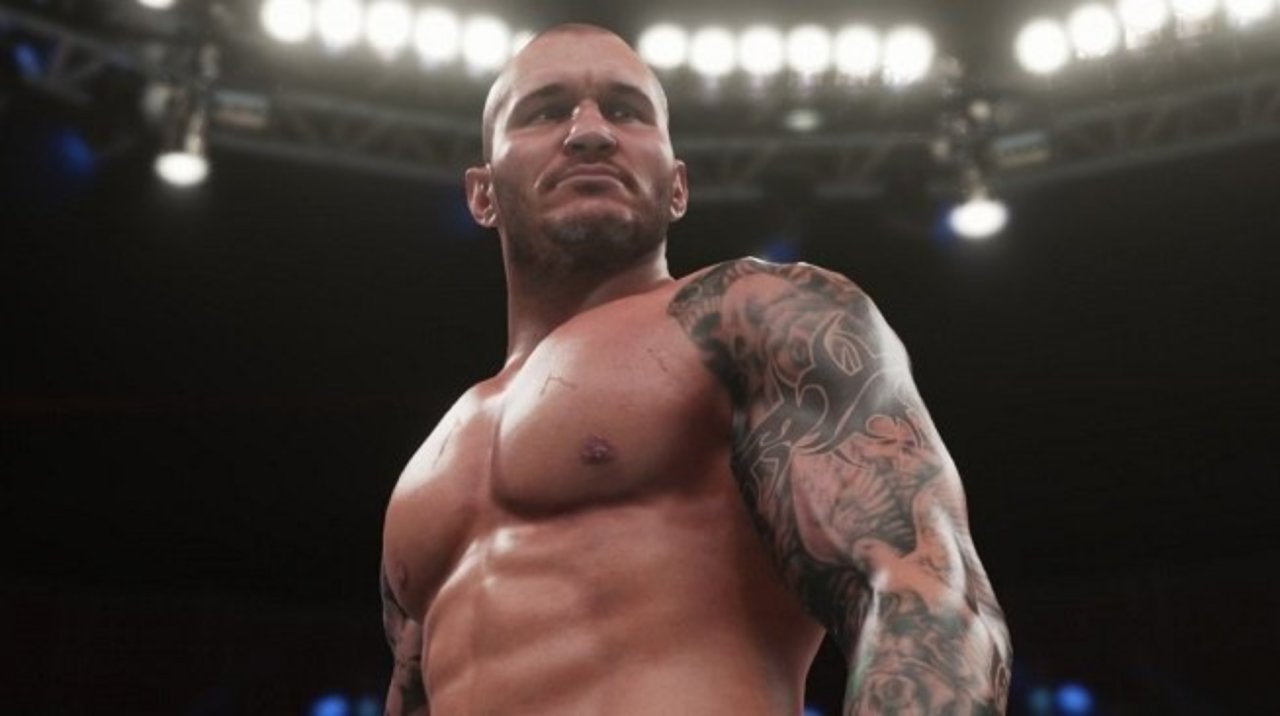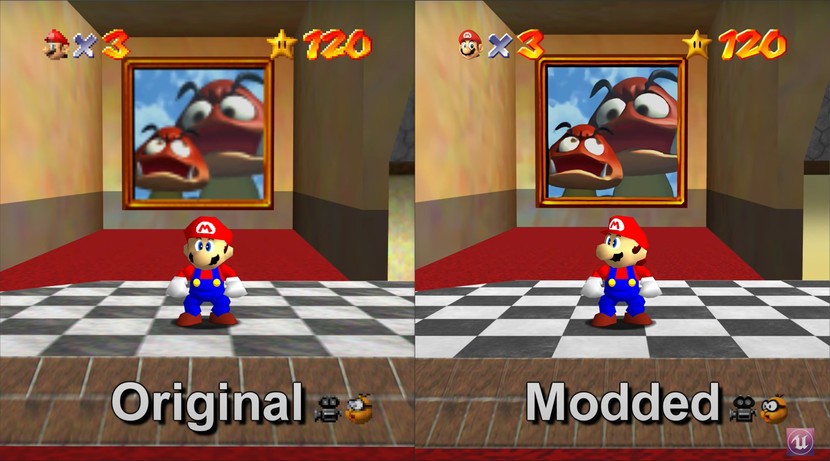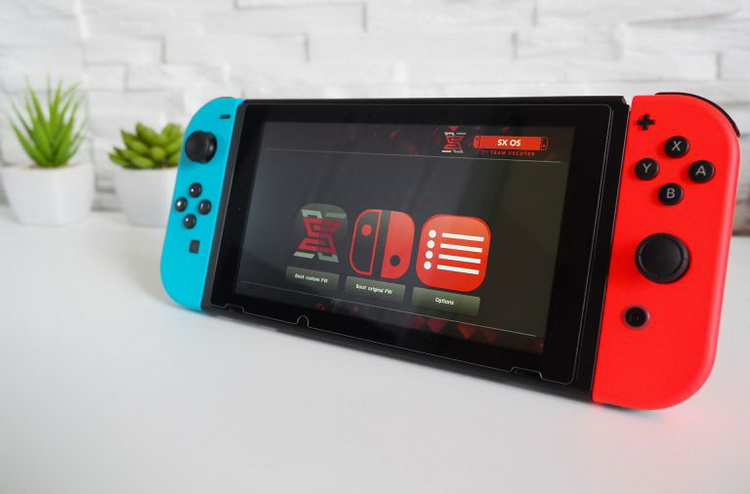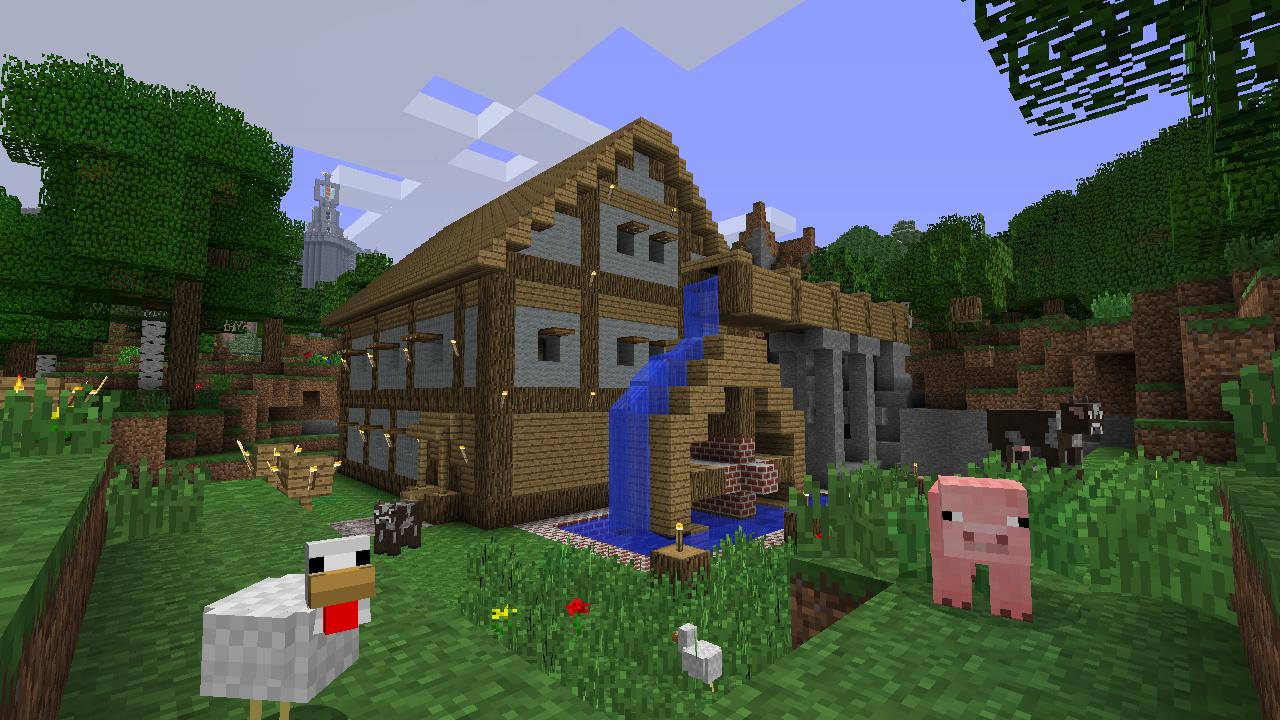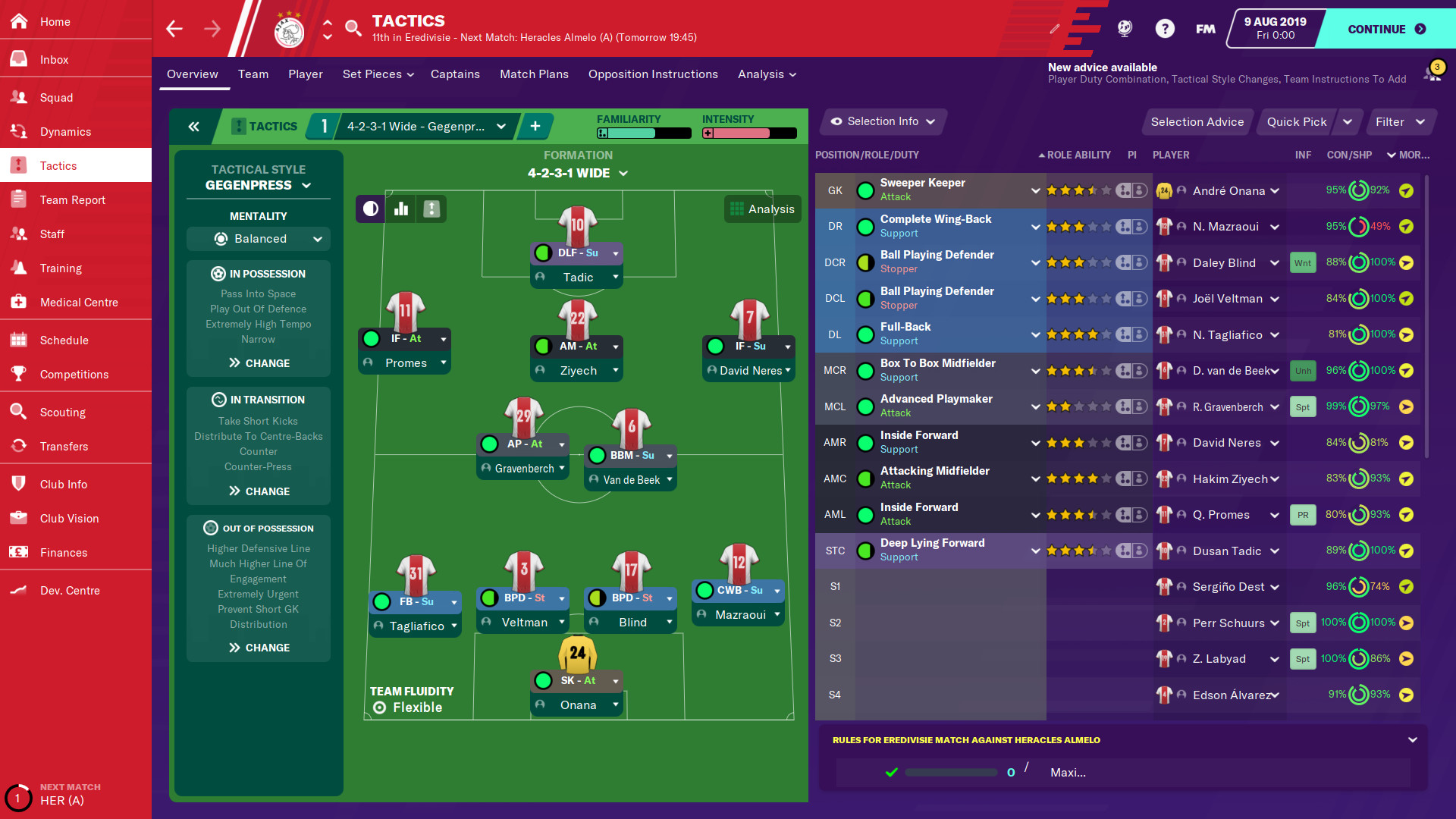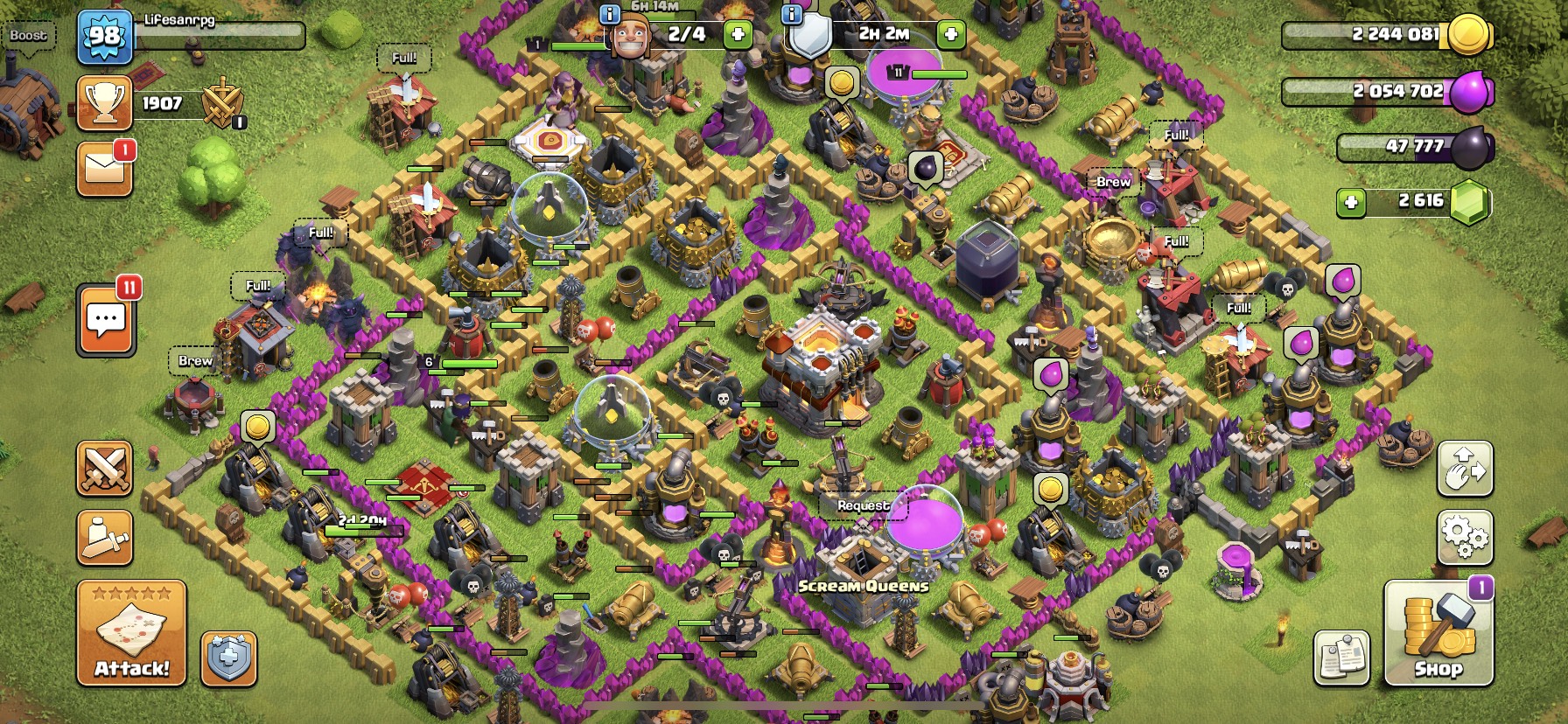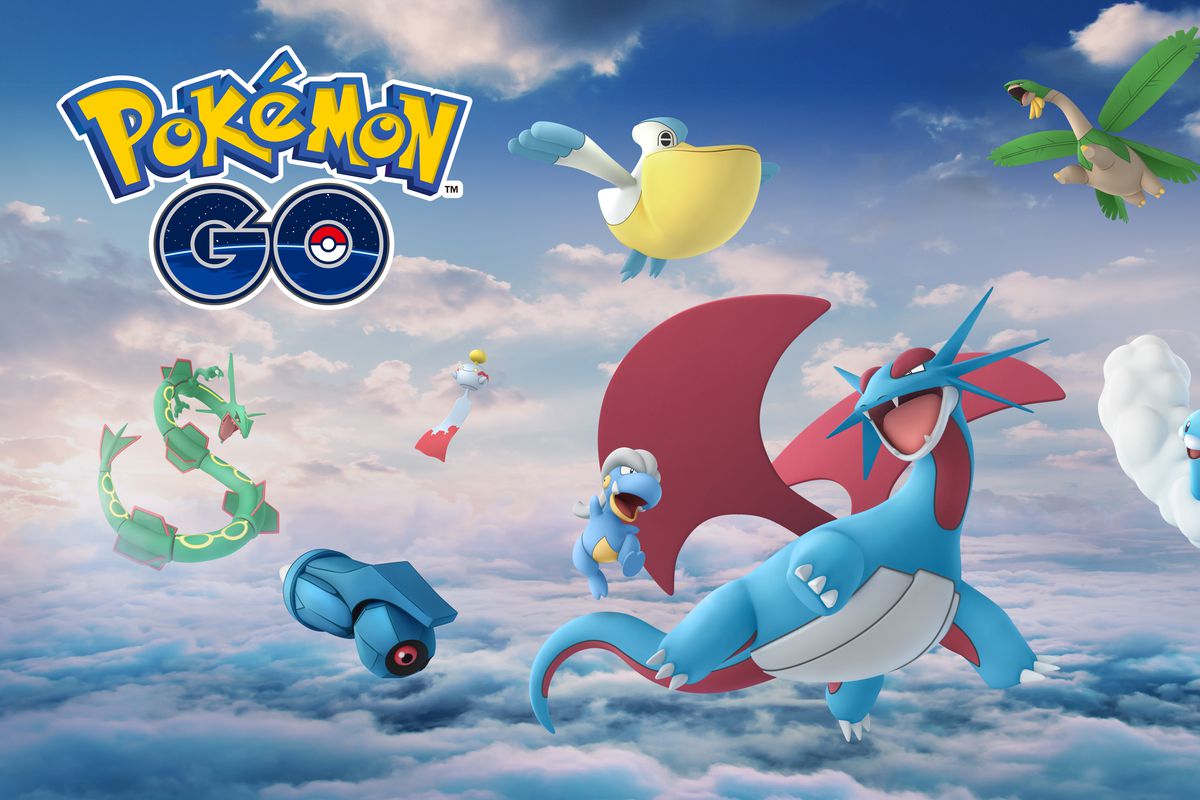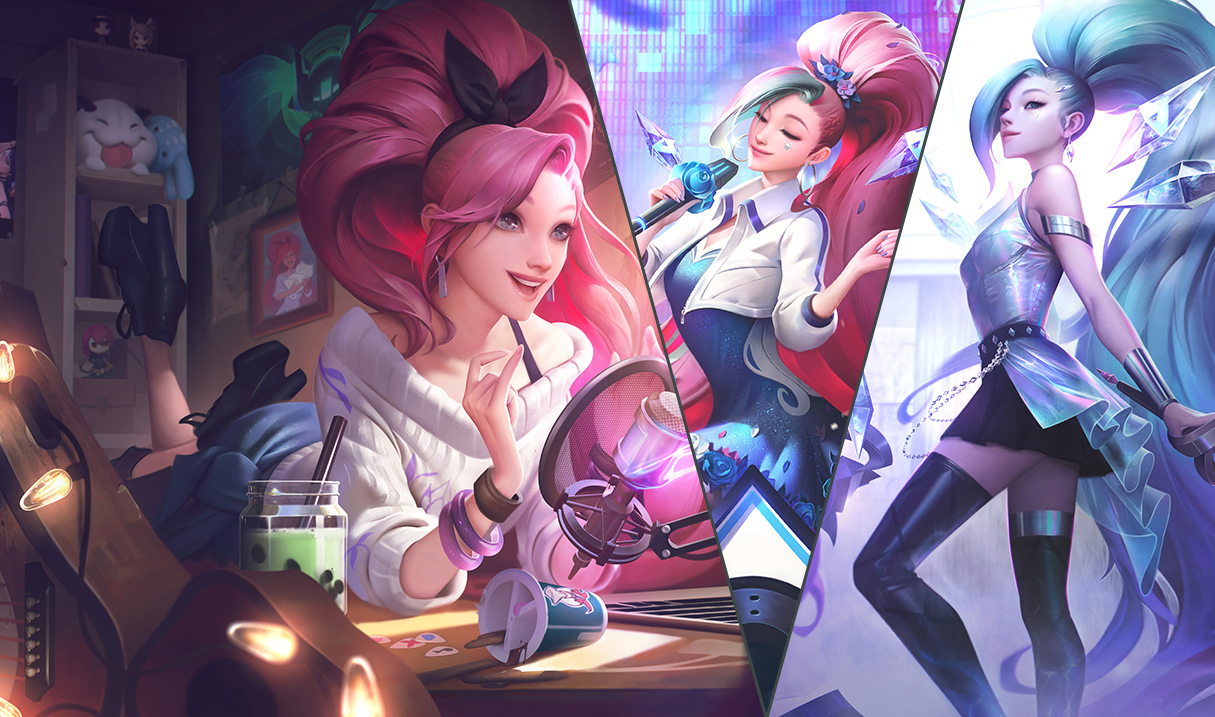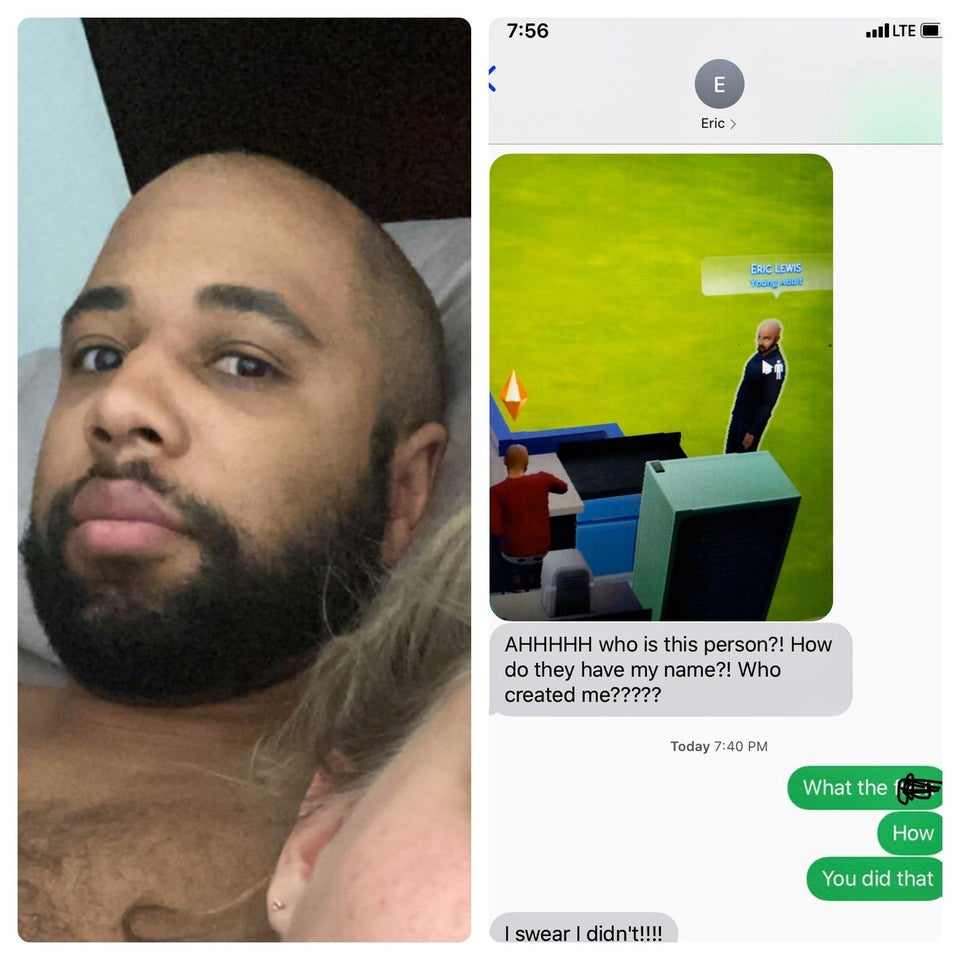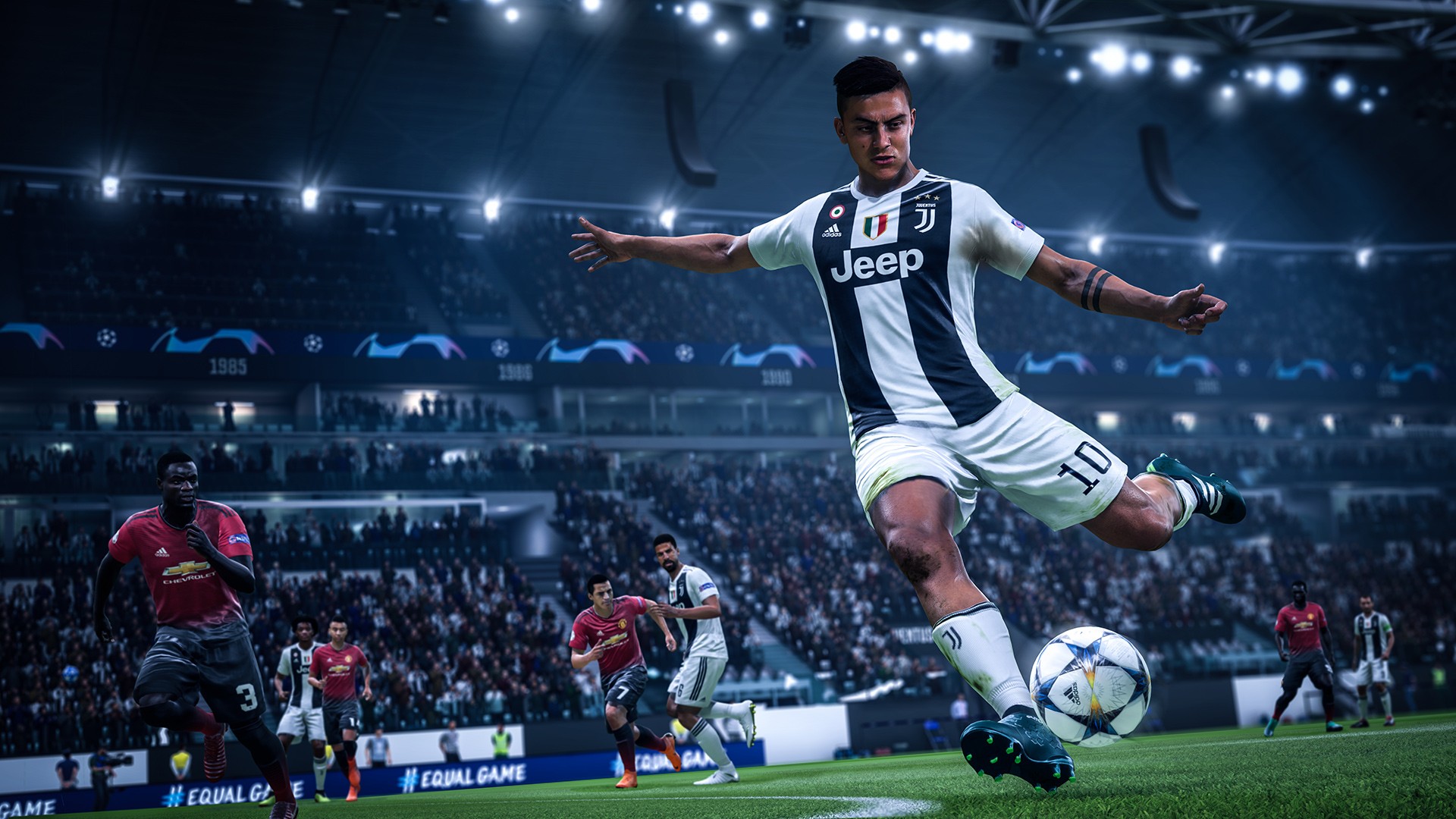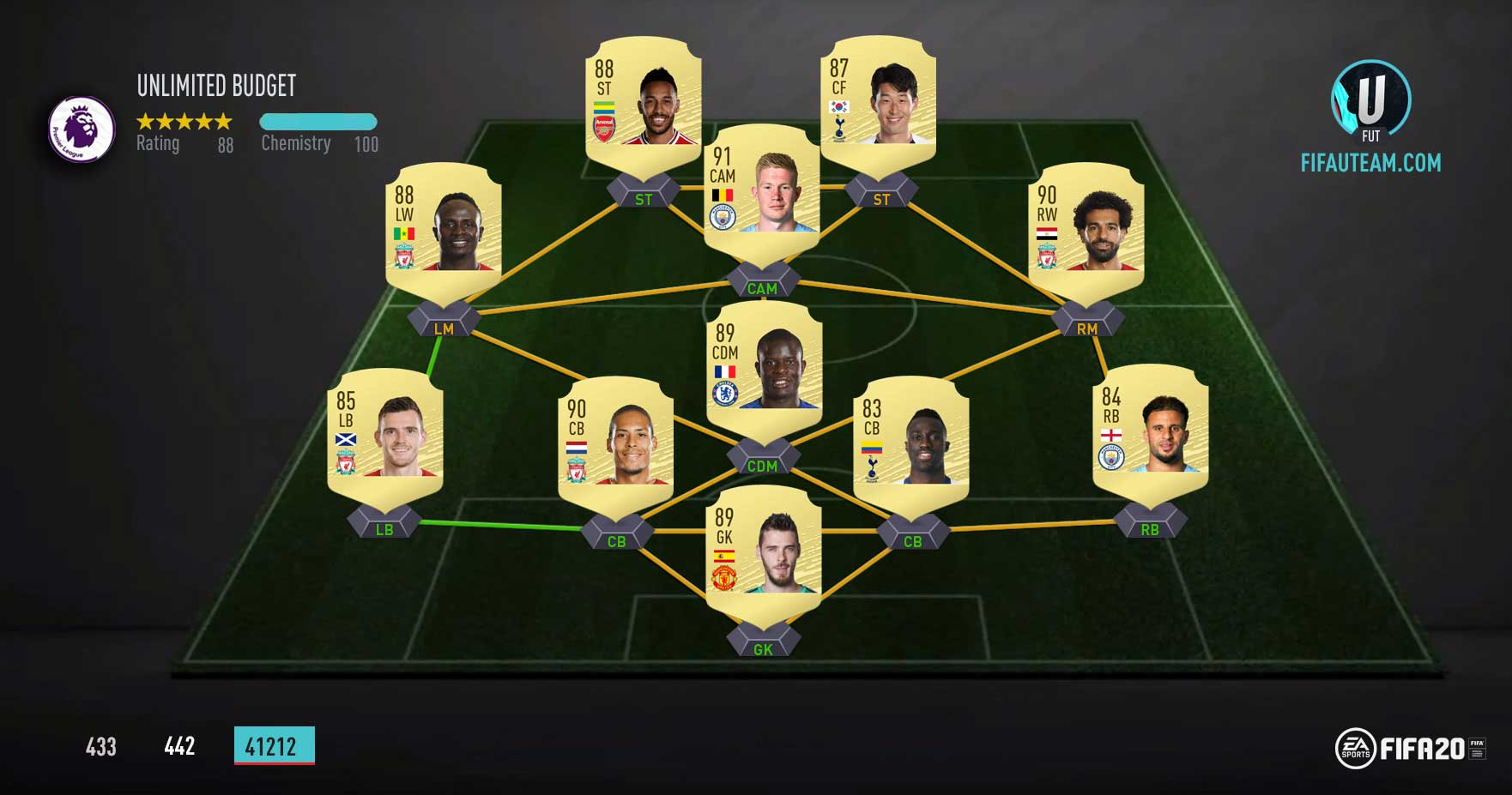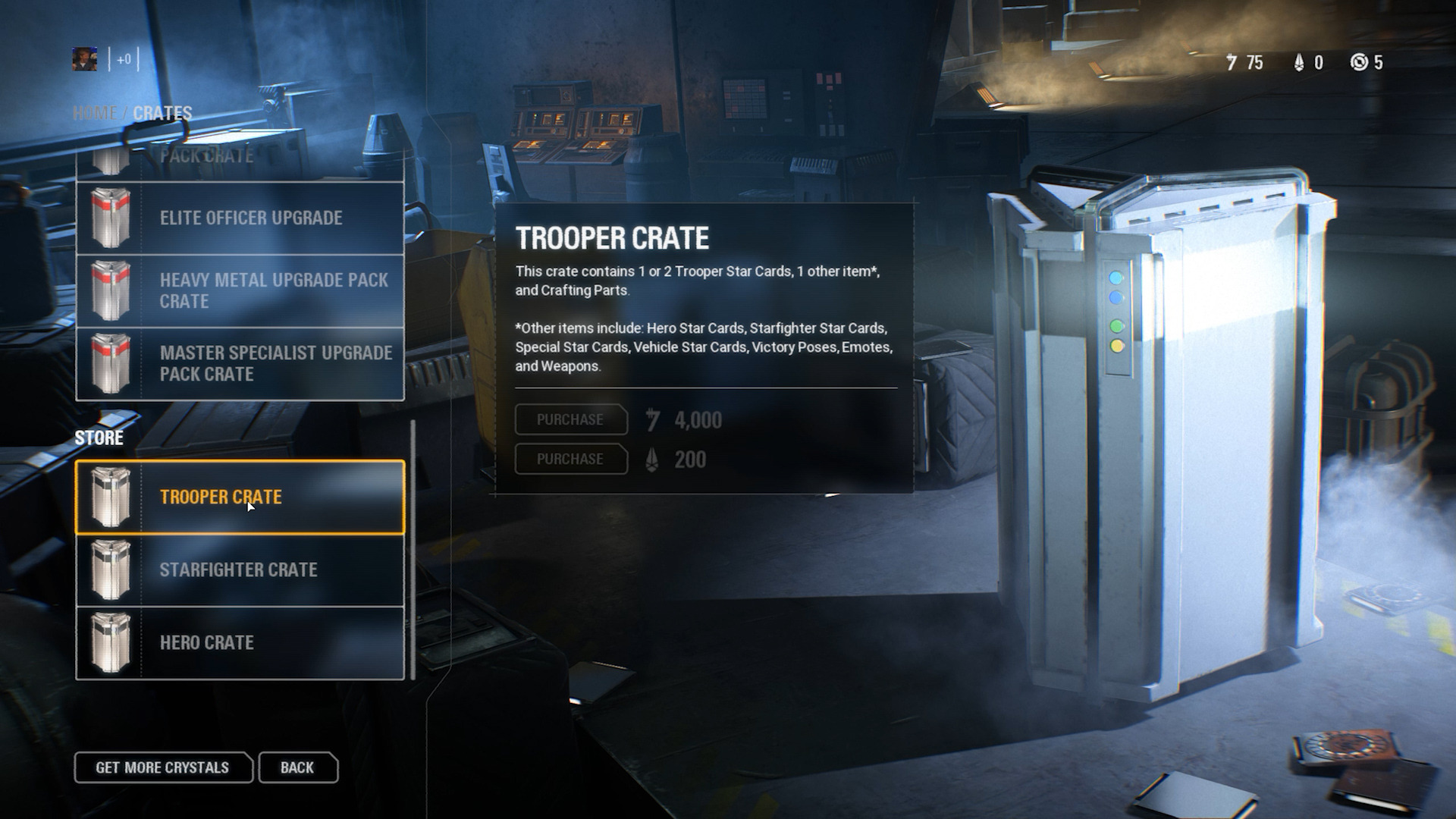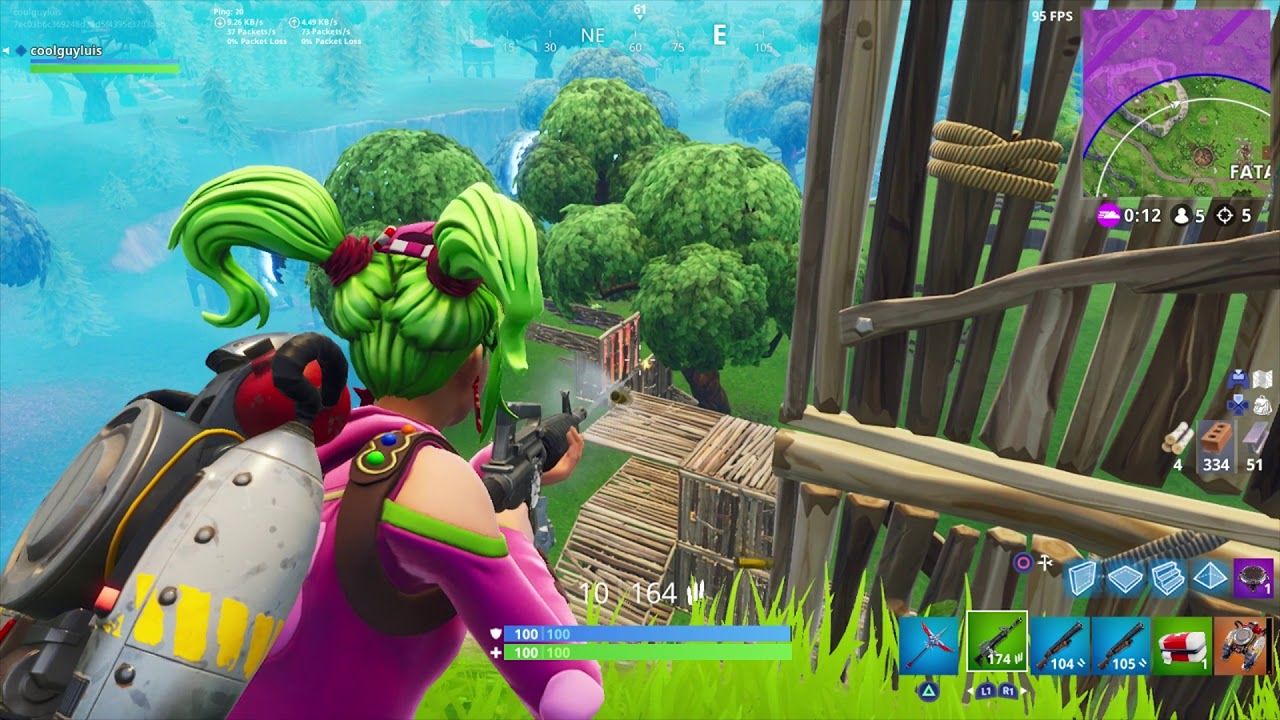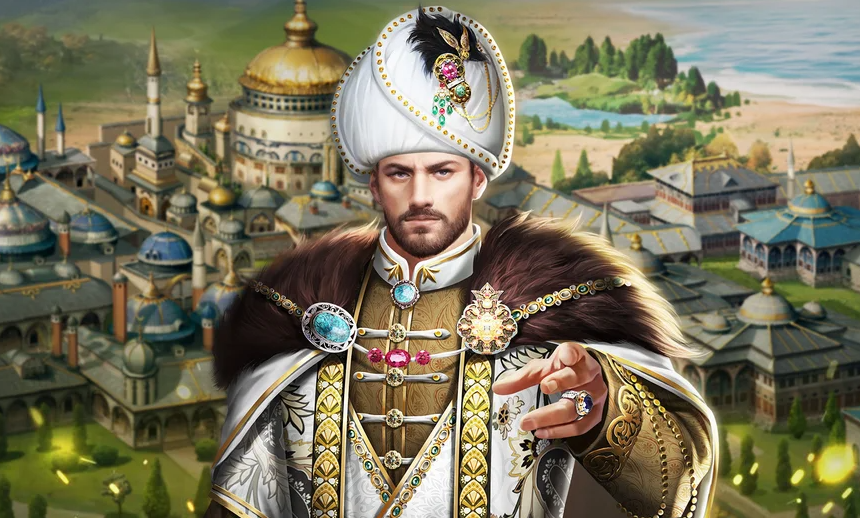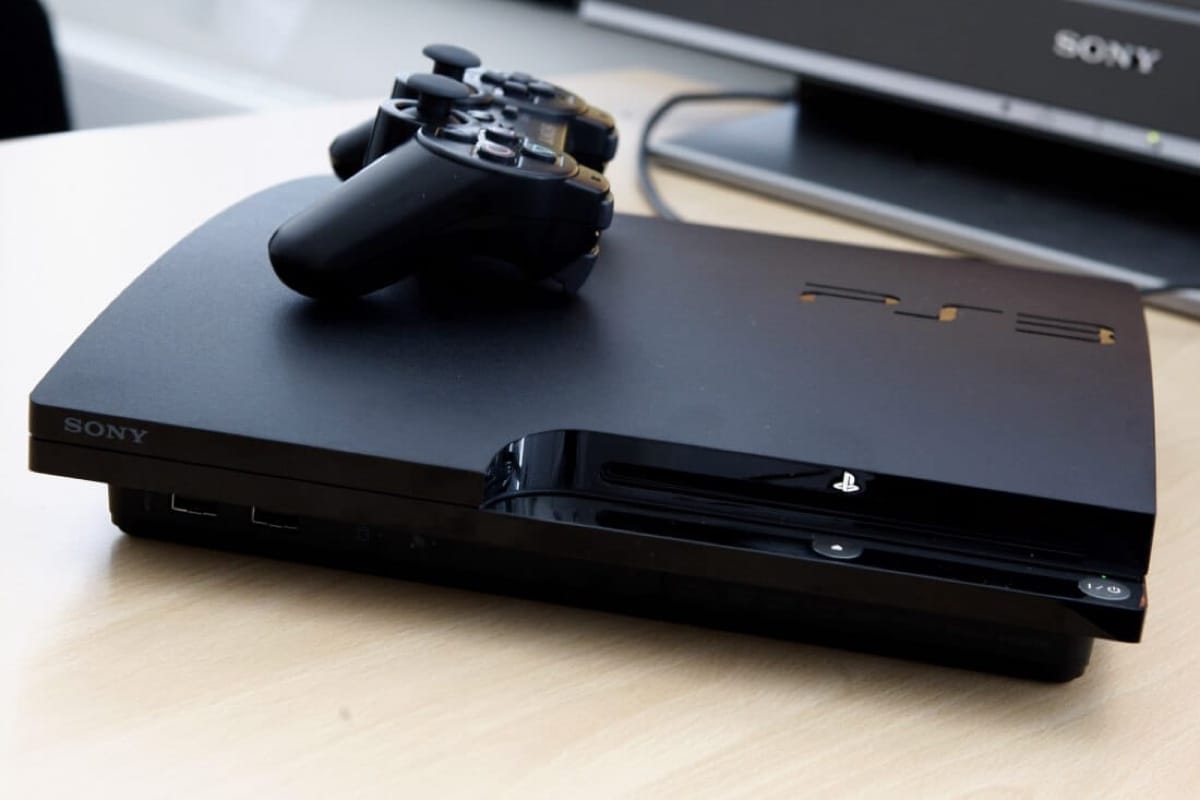Semenov&Pevzner Law Firm has prepared a large-scale report on the largest legal conflicts in the gaming industry over the past six months.
The review was prepared by Alexey Pereverzev, Junior Associate of Semenov&Pevzner, and Ekaterina Smirnova, Managing Partner of the St. Petersburg office of Semenov&Pevzner.

Alexey Pereverzev and Ekaterina Smirnova
The work is divided into seven parts:
- copyright;
- trademarks;
- patent rights;
- the right to the image of a person;
- personal data;
- gambling;
- other.
This is the company’s second report for the year. The first one was released in April of this year.
1. Copyright
A computer game as a complex multimedia object includes various intellectual property objects (software, music, graphical interface, characters and scripts). All these objects themselves are independent results of the creative activity of individuals. It is not surprising that we often hear about the claims of authors and copyright holders that an object belonging to them was illegally used in the game, or the game itself or its individual components are used without the permission of the copyright holder.
1. The Take-Two Interactive dispute with the developer over modifications for Red Dead Redemption ended in a settlement agreement
In the previous part of the review, we told that at the end of December 2019, Take-Two Interactive, the publisher of the popular Red Dead Redemption series of games, sued the developer Jonathan Wyckoff in the Southern District of New York, demanding that the latter be prohibited from committing actions aimed at illegally modifying Take-Two games.
In September 2020, the parties concluded a settlement agreement on the case, approved by the court. Under the terms of the agreement, Wycoff admitted to violating Take-Two’s rights. The parties agreed that the developer should be permanently restricted in a number of actions, including copyright infringement of Take-Two by creating “derivative works” based on any Take-Two software, including Red Dead Redemption, Red Dead Redemption II and Grand Theft Auto.
Red Dead Redemption II
Wycoff also agreed not to create, develop, maintain, advertise, or distribute any files that modify any Take-Two software in any way. He also pledged to refrain from “incitement or material contribution to the direct violation or modification by third parties of any existing or future Take-Two copyrighted products.”
At the same time, the agreement does not provide for the obligation of Wycoff to pay in favor of Take-Two any compensation for the violation. However, in case of violation of the agreed terms, the court may oblige Wycoff to compensate Take-Two Interactive for damages.
2. Dispute over music in Duke Nukem 3D: 20th Anniversary World between Gearbox Software and Apogee Software
In June 2020, it became known that Gearbox Software, the developer of the Borderlands franchise, sued Apogee Software, the parent company of 3D Realms, in the US Federal District Court for the Eastern District of Tennessee. Gearbox Software has accused the creator of the Duke Nukem franchise of violating the terms of the contract concluded between the companies in 2009.
Duke Nukem 3D: 20th Anniversary World
In 2010, 3D Realms sold the intellectual rights to Duke Nukem to Gearbox with the assurance that there were no copyright violations in the series of games and the rights are transferred free from third-party claims and payments. The plaintiff claims that Apogee Software violated the contract by not providing Duke Nukem’s intellectual property “free and clear”, withholding details of the key agreement.
The lawsuit was filed after in September 2019, composer and sound engineer Robert (“Bobby”) Prince, sued Gearbox in connection with unpaid royalties to him. The musician stated that he owns the copyright to certain music in Duke Nukem 3D: 20th Anniversary World on the basis of a license agreement.
At the time of publication, the dispute is being considered.
3. Voodoo has won a case against its competitor Zynga on plagiarism of key elements of a hyper-casual game
In January 2020 , a dispute arose between the French mobile game manufacturer Voodoo and the Istanbul publisher Rollic Games (in August 2020, it was acquired for $168 million by the creator of FarmVille – Zynga) and its developer Hero Games. The reason for the dispute was the update to the free game released by the Turkish side Wood Shop, in which players carve items from virtual pieces of wood.
Voodoo claimed that the new features of the Wood Shop game, including the stages of polishing and painting objects in the game, as well as the use of real objects rather than abstract forms, were characteristic elements of the Woodturning game owned by it, and in the Wood Shop game they were completely copied.
Leftward: Woodturning (Voodoo game); on the right: Wood Shop (Hero Games game)
In September 2020, the Paris Court ruled that Rollic Games and Hero Games are obliged to: pay €125,000 in compensation for financial and reputational damage, remove the Wood Shop game from Google Play and the App Store, and publish information about the court’s decision in three newspapers or magazines of Voodoo’s choice.
Note that Voodoo itself has been subjected to similar accusations from competitors, in particular, developer Ben Esposito (Ben Esposito) stated that in the game hole.io from Voodoo, which in June 2018 topped the charts of free apps in the App Store, the same mechanics were used as in the game of the applicant Donut County itself. Other Voodoo games — Infinite Golf and The Fish Master — have also been criticized for having too much in common with games from other developers.
The problem of copying elements of mechanics in hyper-casual games is common for reasons of simplicity and speed of development and testing of games, which, in this regard, can be created within a few weeks. Therefore, according to representatives of Voodoo, the court’s decision sets a precedent, especially for copies of hyper-casual games.
4. Ubisoft filed a lawsuit against Apple and Google for distributing a clone of the Rainbow Six Siege game
In May 2020, Ubisoft filed a lawsuit in Los Angeles federal Court against Apple and Google. The reason for the lawsuit was the reluctance of the latter to remove the Area F2 game from the App Store and Google Play.
The dispute broke out due to the fact that the defendants distributed the Area F2 game created by Ejoy.com , a subsidiary of Alibaba Group Holdings Ltd., in which, according to Ubisoft, almost all aspects were copied from Rainbow Six Siege (R6S) — from the operator selection screen to the final evaluation screen and everything in between.
Area F2
On May 15, 2020, the first hearing on this case was held. The court called the Area F2 game “almost an exact copy” a tactical shooter by a French publisher.
A week later, Ubisoft withdrew the lawsuit against Apple and Google after Area F2 was removed from Google Play and the App Store. At the same time, the reason for the deletion was not the conclusions of the court or the initiative of the megacorporations themselves to comply with copyright, but the fact that the creators of the copy announced the termination of support for the game, stating that the project was sent for design revision up to serious changes in all elements.
5. A chain of Ukrainian supermarkets copied elements of the GTA game when creating the interior
In early November 2020, a supermarket of a large chain “Silpo” was opened in Lviv (Ukraine), the interior of which uses elements of the GTA game, including fonts, art, as well as a general design concept.
“Silpo”
Whether the Rockstar North developer company and the Rockstar Games company releasing the game are aware of such use of the results of intellectual activity is unknown. However, it is obvious that such copying without the conclusion of license agreements or other agreements on the transfer of the right to use intellectual property is a violation of exclusive rights, and in the future may lead to litigation.
6. A new trial on the use of tattoos in video games by the publisher Take-Two Interactive
In the previous parts of the review, we have already talked about the dispute between the tattoo parlor Solid Oak Sketches and the developers of the NBA 2K simulator game over the use of a series of tattoos of the famous basketball player LeBron James in games. As a result of the proceedings, the Federal Court of New York sided with the developers and LeBron himself, agreeing that the use of tattoos by Take-Two Interactive was minimal and difficult to identify during the game, and the implied license for their use was obtained.
It seemed that litigation over the use of tattoos should end for Take-Two, however, in September 2020, Catherine Alexander, who was the tattoo artist of American wrestler Randy Orton (Randal Keith “Randy” Orton), sued the publisher and World Wrestling Entertainment, Inc. for infringement of exclusive rights on the tattoos she created in the WWE 2K games.
Randy Orton
This time, the situation for Take-Two is already different at this stage. On September 26, 2020, an Illinois federal judge issued a partial summary judgment, determining that WWE and Take-Two Interactive Software had indeed copied the works of Catherine Alexander. The next stage will be to raise questions in the jury trial, in particular, it will be considered whether Catherine Alexander granted a license to Orton to distribute and demonstrate six tattoos that are the result of her creative activity.
The wrestler himself stated that he perceives tattoos as part of his image, and no one ever informed him that he would need additional permission to make them visible.
The tactics used by Take-Two in the previous trial will not be effective in the new one, since in the Seventh Circuit, where this case is being considered, the legal principle from the common law system “de minimis” (the principle of minimal use), which was a factor for recognizing the absence of copyright infringement in the NBA2K case, is not a precedent factor. The judge considering the case, Staci Michelle Yandle, writes about this, pointing out that such protection is successful in resolving the issue of copying a small and usually insignificant part of copyrighted works, and not in full copying of works as here (in the case under consideration).
However, it is noted that such an approach is not entirely correct, since in principle “de minimis” does not use the criterion of the number of copyright objects used, but how much they affect the overall object in which they appear. So, in the previous case, the court found that despite the fact that the tattoos were used entirely, they were part of the image and were not in themselves aimed at attracting the attention of the player.
At the time of the release of the review, the trial is ongoing.
7. Nintendo filed a complaint about copyright infringement by fans who created the Super Mario 64 port
At the beginning of May 2020, a fan-created port for the PC of the classic Super Mario 64 game for Nintendo 64 appeared on the Internet. It is not surprising that Nintendo‘s lawyers immediately turned to Google and YouTube with claims about the protection of infringed copyrights.
Fans of the game presented a full-fledged port of the game with DirectX 12 support, which had support for 4K resolution, ultra-wide-screen monitors, as well as modern controllers.
On the right is an unofficial port of Super Mario 64
Representatives of Nintendo, in a complaint sent to Google, indicated that the distributed file contains “unauthorized derivative work based on Nintendo’s copyrighted work.” As a result of complaints, copies of the game were removed from various sites, and several mentions of it on the Reddit portal were deleted. In addition, according to the complaint of the copyright holders, YouTube videos with reviews of the game and its passage were deleted.
However, Nintendo’s struggle with this product was not over, since in July 2020, updates were released to the PC version of Super Mario 64, which concerned graphics improvements. In addition, the developers posted a video containing instructions for assembling the PC version of the game. Nintendo continued to struggle with updates, and therefore files containing the game were deleted at various sites, as well as video reviews on YouTube were deleted.
8. Nintendo sued online stores distributing cheats and modifications created by Team-Xecuter
Recall that cheats (or “hacks”) are software that provides users with benefits not provided by developers. At the same time, the question of whether the development and use of “cheats” violates the exclusive right of the copyright holder to the original game and, in fact, whether these actions are in the field of copyright protection does not always have an unambiguous answer.
In May 2020, it became known that Nintendo filed two complaints to nine online stores that, according to the developer, sell modifications and hacks for the Switch game console developed by Nintendo.
The first lawsuit was filed in an Ohio court against Tom Dilts Jr., the alleged operator of the UberChips website. The second lawsuit was filed in a Seattle court against the owners of online stores Anxchip.com , Axiogame.com , Flashcarda.com , Mod3dscards.com , Nx-card.com , Sxflashcard.com , Txswitch.com and Usachipss.com (operators of these sites are unknown). In addition, five of these stores are also accused of copying and distributing copyright infringing content, as they also sell unlicensed games.
In the lawsuits, Nintendo points out that the defendants are the owners of online stores where devices are offered for sale, the sole purpose of which is to hack the Nintendo Switch game console so that players can play unlicensed video games. In particular, the products of Team-Xecuter, which illegally develops and manufactures an unauthorized operating system called SX OS, and related tools that install this operating system, are distributed.
Switch with running SX OS
After the lawsuit was filed, the owner of the UberChips website refused to admit guilt, but in October 2020 it became known that, as a peaceful settlement, an agreement was concluded between the parties, according to which the owner of the Uberchips website agreed to pay $2 million in favor of Nintendo, as well as transfer the Uberchips domain name and social media accounts to Nintendo. In addition, he undertakes not to sell Team-Xecuter products anymore, and also to destroy all remaining stocks of products.
The trial against the remaining eight defendants continues. Nintendo is seeking compensation for the losses incurred, as well as an injunction to stop the distribution activities of the stores, destroy the products, and seize or block the associated domain names.
2. Trademarks
A trademark as a means of individualization can also be used in a video game, in particular, its name, or directly in the game interface. Practice shows that such use is not always agreed with their copyright holders and is legal, in connection with which the copyright holders take measures to protect their exclusive rights.
9. Microsoft is trying to stop protecting someone else’s Minecraft trademark in Russia
In October 2020, Microsoft and computer game developer Mojang Synergies AB, which belongs to it, filed a claim with the Intellectual Property Rights Court of Russia against the wholesale agent of goods “City” for the early termination of the legal protection of the trademark “MINECRAFT” according to the certificate of the Russian Federation No. 515887.
Microsoft is the owner of the exclusive right to the popular Minecraft game, developed by Mojang Studio, which was bought out by Microsoft in 2014. At the moment, Microsoft cannot register the specified trademark in Russia, since it is subject to legal protection for City LLC.
Minecraft
In support of its requirements, Microsoft points to the non-use of the trademark of LLC “City”, which was registered in 2014, in relation to goods of 25 and services of 41 classes of the MCTU. According to the provisions of paragraph 1 of Article 1486 of the Civil Code of the Russian Federation, in case of non-use of a trademark continuously for three years, the legal protection of a trademark may be terminated prematurely.
At a court hearing on December 18, 2020, the Intellectual Property Rights Court ruled on the case, which satisfied Microsoft’s requirements and prematurely terminated the protection of the disputed designation in respect of Class 25 goods and Class 41 services. The reasoning part of the decision has not yet been published.
10. According to the complaint of Sony, the owner of the God of War games, the registration of the Lord of War trademark in Russia22 was canceled
In October 2020, the Chamber for Patent Disputes of the Russian Federation, at the request of Sony, which owns the God of War trademark, invalidated the registration of the Lord of War trademark for the Chinese company “B eijing Elex Technology Co., Ltd.“.
The corporation’s lawyers saw in the actions of the copyright holder of the Lord of War trademark an attempt to put on the market a product resembling the well-known trademark of the God of War company according to certificate No. 682219 (a series of games that has received many “Game of the Year” nominations since 2005). Similar concepts and ideas, the standard Latin font and the phonetic sound of both phrases became a sufficient reason for the recognition of the registration of the trademark Lord of War invalid.
As additional evidence, Sony provided survey materials that showed that 53% of respondents consider trademarks to be similar, 52% could perceive the Lord of War game as a development of the God of War series from the manufacturer, 39% admitted the possibility that they could simply confuse these games.
11. Manchester United Football Club sued Sega over the Football Manager game for the illegal use of the club’s name and logo in the game
Manchester United Football Club has filed a lawsuit against Sega Publishing and Sports Interactive Limited, the publisher and developer of the popular Football Manager simulator in the UK. According to the applicant, the creators of the series of games violated the right to the trademark of MANCHESTER UNITED, as they repeatedly used the name of the club in the game, as well as the brand colors white and red of the club in an impersonal logo.
Football Manager
Representatives of SEGA and SI said that the name of the Manchester United club had been used in the games of the series since 1992, but the plaintiff had never filed a complaint before this lawsuit. Moreover, copies of the video game were sent to officials and players of the club and received many positive reviews in the press and social networks.
In May 2020, the plaintiff filed a petition to change the initial requirement regarding the recognition of illegal use of patches in the game that are downloaded from third-party sites such as sortitoutsi.net , tcmlogos.com and fmscout.com , and allow players to assign logos to football teams. However, in June 2020, the court refused to change the plaintiff’s requirements.
At the time of the review, the case is being considered.
12. Activision won a lengthy lawsuit against AM General
In 2017, the company AM General, which produces well-known military Humvee cars, filed a lawsuit against Activision. The company stated that the image of Humvee cars in the Call of Duty game is a violation of trademark rights, as well as false advertising, since the name of the car is repeatedly mentioned in the games and the game characters interact with it.
Activision representatives agreed that the name and image of the Humvee appears in the games, but stressed that they have the right to use the trademark in order to realistically recreate the military situation.
Humvee
In a decision dated March 31, 2020, the New York District Court agreed with Activision’s arguments, citing the freedoms to transfer realism in the game granted by the First Amendment to the US Constitution.
The court applied the Rogers test, according to which a balance is maintained between trademark rights and freedom of speech and press, and priority is usually not given to trademark rights. Exceptions are cases when the use of the name of the trademark owner has no artistic significance for the work, or if it has a certain artistic significance, but clearly misleads about the source or content of the work.
3. Patent rights
The creation of any computer game, especially console, is associated with the development of various technical solutions. They allow the developer to improve the gameplay and make his product more interesting for the user, thereby gaining an advantage over competitors. Often such technical solutions can be patented and subject to legal protection.
13. The creators of Clash of Clans were found guilty of patent infringement and ordered to pay $8.5 million
In September 2020, it became known that the Japanese mobile game developer Gree Inc. won a dispute in the District Court of the Eastern District of Texas against the Finnish company Supercell in connection with the infringement of Supercell rights to patents used in a popular online mobile game.
Clash of Clans
The court found that Supercell infringed the rights to 4 patents owned by Gree Inc.: regarding methods of managing and presenting downloadable games to players on smartphones, managing their in-game purchases and transferring objects between players, as well as improving visual effects for multiplayer mobile games.
The court ordered Supercell to pay $8.5 million in favor of Gree Inc. as lost income in the past and future. It is also noted that since the jury found the infringement of patents intentional, the judge can increase the total amount of compensation three times.
14. Pokémon Go developer was sued for using augmented reality patents
In September 2020, it became known that the companies NANTWORKS, LLC and NANT HOLDINGS IP, LLC accused the company Niantic, which developed the game Pokémon Go, of violating patents, which, as the plaintiffs point out, describe “innovative” AR systems.
The plaintiffs claim that the defendant’s use of AR systems in the Pokémon Go game, such as “object recognition and location tracking,” violates various aspects of their patents. These include: the creation of real platforms for AR games, location sensor technology and the ability to view a map that shows “the real location around the mobile device on which the Pokémon Go application is running.” The plaintiffs also allege that the games improperly use a process that allows two players to participate in an in-game transaction, geospatial detection that allows images of the real world to be transformed into the game world, as well as a “collection” of AR content objects that allows objects to appear in the game scene.
At the time of publication of the review, the proceedings are ongoing.
15. World Inc. is trying to protect the rights to its patent, which is potentially used in the game Minecraft
In September 2020, Worlds Inc., a leading intellectual property developer and licensor of many patents related to the development of 3D virtual worlds, filed a complaint against Microsoft Corporation in the Western District of Texas in connection with patent infringement regarding the use of a patent in the game Minecraft.
The complaint was filed in relation to US Patent No. 8,082,501 (hereinafter referred to as “Patent 501”), which presents “methods used to improve network communications and manage the load of processing client data in a multi–user client/server architecture used in three-dimensional, computer-generated, graphical, multi-user, interactive virtual world systems, such as those used in multiplayer games.”
World Inc. claimed that Microsoft “manufactured, used, sold, offered for sale and/or imported into the United States” products infringing Patent 501. In particular, they benefited from providing products to users who used their Microsoft Minecraft accounts and played Minecraft in multiplayer mode, which provides the client/server architecture with filtering/crowd control functions for multiplayer mode, through various Minecraft servers and software, as this process is described in the patent.
World Inc. demanded a ruling recognizing that Microsoft infringed the patent, as well as the recovery of damages and compensation for costs and fees in court.
At the time of publication of the review, the proceedings are ongoing.
4. The right to the image of a person
A special object of legal protection is the image of the person depicted in the photograph itself, and not the photograph as a whole as an object of copyright. To obtain the right to include an image of a real person in the game, it is necessary to obtain his consent, however, as practice shows, developers and publishers do not always do this.
16. Artist Stephanie Dorris accused the creators of League of Legends of using her image when creating a character
In November 2020, artist Stephanie Dorris shared in her blog on Medium that she suspected that her image was used to create the image of Serafina, the heroine of the League of Legends game developed and released by Riot Games. In her opinion, the image could have been used by her former young man who worked for the company, but she made claims directly to Riot Games.
Serafina
Stephanie stated that the following features speak about the similarity: the consonance of the name, the similar pink hair color, the frame of glasses and the angles of some images, the presence of a pet cat, in addition, the artist’s drawings are similar to the drawings presented as the work of a character in the game.
Riot Games replied that they consider these accusations unfounded, since the young man who allegedly used the image of the Applicant has not worked for the company for more than a year, and, moreover, has never participated in the creation of characters. In addition, Internet users interested in this statement came to the conclusion that the character is based on another person, namely, the wife of an employee of Riot Games and the chief designer of this character.
17. A resident of the city of Mineanapolis in a popular life simulator discovered his double
Another interesting case of reproducing the image of a real person occurred in The Sims 4 game, a life simulator developed by Maxis and published by Electronic Arts. For the first time, the message about this incident was published not by the young man himself, whose image was reproduced in a popular game, but by his girlfriend, who on May 5, 2020, published a post on the Reddit portal about an amazing coincidence that scared her boyfriend Eric Lewis.
Eric Lewis and the character he met
The young man, having installed the game, was amazed that there already existed a character who bore his name and very similar to him. Moreover, as it turned out later, the character of Eric Lewis was repeatedly seen by other users, which indicates that the user himself, whose image was copied, did not create the character. The thing is that players have the opportunity not only to create characters, but also to use ready-made characters with a prescribed story for them.
The young man whose image was used did not address any claims to the developers of the game.
18. More than 300 football players, including Zlatan Ibrahimovic, Gareth Bale, are thinking about filing lawsuits against Electronic Arts
In November 2020, it was reported that discontent was growing among professional football players regarding the use of their images in the FIFA computer game without their consent.
For example, the famous Swedish footballer Zlatan Ibrahimovic said: “Who gave EA Sports permission to use my name and image? FIFPro? I didn’t know that I was a member of FIFPro, and if so, I was added there without my knowledge in some strange way. And definitely I have never allowed FIFA or FIFPro to make money using my image. All these years, someone has been making a profit thanks to my name and image without any agreements. Time to investigate.”
At the moment, the FIFPro International Players Union is authorized to sell the rights to the names and images of all members of the organization. In special cases, when a player is not a member of FIFPro or has a special agreement with the union, the rights to the name and image belong to the player himself, his club, league or federation. Is a revolution waiting for us?
5. Personal data
Given the increasing popularity of computer games with millions of users around the world, it is important to protect the personal data of players. Unfortunately, companies do not always manage to ensure the safety of data, which inevitably involves reputational, and potentially financial losses.
In addition, competent work with personal data helps to minimize the negative impact that initially unidentified persons may have on the functionality of a video game.
19. Capcom was subjected to a hacker attack that led to a leak of user data
According to the Japanese developer and publisher Capcom, in November 2020, unidentified third parties gained unauthorized access to the company’s internal networks, which affected the operation of certain systems, including email and file servers. At the same time, Capcom noted that there are no signs that any user data has been leaked.
Later it became known that some of the personal data was still compromised, the company published a corresponding press release.
At the moment, it is not known about complaints from any of the users, however, for non-compliance with GDPR data protection requirements, Capcom may be fined up to 4% of annual revenue.
6. Gambling
Individual decisions in many popular video games are based on the element of chance and may not fully depend on the will or actions of the player, but they assume a certain benefit. Thus, there is a risk that such elements may be qualified as gambling and fall under legal restrictions or prohibitions that exist in various countries of the world, including Russia.
20. Electronic Arts ordered to remove loot boxes from games in the Netherlands
In October 2020, in the Netherlands, the Hague Court decided in favor of recognizing the opening of loot boxes as a form of gambling, in connection with which Electronic Arts and their subsidiary in the Netherlands were denied a lawsuit against the Dutch Gambling Authority (KSA), in which Electronic Arts pointed out that loot boxes are not elements of gambling games, and are inextricably linked to the video game itself.
The reason was that in 2018, KSA conducted a study that showed that there may be a relationship between a game involving loot boxes and the development of gambling addiction. After the publication of the study, KSA called on gaming industry companies to adapt their games so that they no longer violate the gambling law. Due to the fact that Electronic Arts has not taken appropriate measures to comply with this instruction. On October 15, 2019, the KSA issued a decree imposing a fine. At the same time, the fine, according to the decree, applies both to the Swiss subsidiary of EA, which is responsible for the sale of FIFA in the Netherlands, and to the parent company, and therefore may amount to a total of €10 million.
FIFA 19
Despite Electronic Arts’ claims that the loot boxes are inextricably linked to the football game itself, as well as that the contents of the loot boxes have value only in the game and cannot be converted into money, the Hague Court ordered EA to remove the loot boxes from all games in the series, starting with FIFA 19, within three weeks. If the company does not do this, it will pay a fine of €250,000 per week, but no more than €5 million in total.
It should be noted that Electronic Arts has already faced a similar problem, and was forced to stop selling loot boxes in Belgium due to the issuance of a similar decision by the Belgian Gambling Commission and the subsequent loss of the case in court.
EA representatives stated that their loot box system does not violate the Dutch gambling law and plan to appeal against the decision made by the Hague Court.
21. The recognition of loot boxes as gambling is gaining momentum in European countries
In particular, in June 2020, the UK Department for Digital Technology, Culture, Media and Sport (DCMS) announced that it was collecting evidence that loot boxes form gaming addiction in children.
In 2019, the DCMS selection committee received evidence that winnings from loot boxes can be easily exchanged for money on third-party websites, and that their use by game developers is likely to “make it easier for problem gamblers to make a profit.” The situation is aggravated by the fact that cases of spending a huge amount of money on loot boxes are becoming more frequent among children and teenagers, so, for example, the story of Jonathan Peniket, who spent about £3,000 on loot boxes in the FIFA Ultimate Team, received a lot of publicity.
FIFA Ultimate Team
In a subsequent report in September 2019, the DCMS committee advised that loot boxes should be considered gambling products.
As a result, if a final decision is made to recognize loot boxes as a form of gambling, then this decision will have a significant impact on game developers, who may be forced to withdraw some games or change their design so that they can be sold to users under 18 years of age.
In November 2020, the intention at the legislative level to attribute loot boxes to gambling was also officially announced in Spain, it is expected that the relevant rules may come into force in the second half of 2021.
22. The EU suggests not to treat loot boxes as gambling mechanics so categorically
Attempts by some European countries to include loot boxes in gambling regulation have largely proved fruitless, and any legislation will have difficulty keeping up with the development of the video game industry with this approach.
In a report published in July 2020, compiled at the request of the EU Internal Market and Consumer Protection Committee, it was proposed to approach loot boxes from the point of view of consumer protection, and not from the point of view of gambling. This proposal is due to the fact that, unlike gambling legislation, the EU has competence in relation to legislation in the field of consumer protection.
Loot Boxes in Star Wars Battlefront 2
As measures to protect consumers, the use of “responsible game design that refrains from using addictive features” is proposed. Moreover, in order to reduce the likelihood of addiction, players should be clearly informed about the presence of loot boxes in games before downloading and/or purchasing them and about the likelihood of receiving certain items from loot boxes at the time of access. It is also proposed to increase parental control measures. To monitor the effectiveness of these measures, it was proposed, for example, to conduct consumer testing, as well as to monitor the application and control of these measures by independent bodies.
The new approach is largely due to the inefficiency and irrelevance of measures to recognize loot boxes as elements of gambling. In addition, the lack of consistency in the regulatory framework of the EU countries makes it almost impossible to adopt a pan-European initiative to recognize loot boxes as elements of gambling.
23. Electronic Arts faced consumer complaints due to the functioning of the patented technology of dynamic adjustment of complexity
US residents Pranko Lozano, Danyael Williams and Jason Zajonc filed a lawsuit against Electronic Arts in the District Court of North Carolina, claiming that the company’s patented dynamic difficulty adjustment technology allows you to adjust the complexity of the game during its passage so that players do not get too bored or do not they were disappointed with the difficulty level of the game, forcing them to play longer, thereby pushing players to buy more loot boxes.
The plaintiffs claim that the actions of Electronic Arts violate the California Law on Consumer Remedies, the Law on False Advertising, the Law on Unfair Competition and qualify the defendant’s actions as unjustified enrichment.
A group of plaintiffs asks the court to oblige Electronic Arts to stop these actions, conduct a corrective advertising campaign and return the funds received as a result of any actions that the court deems illegal.
The trial is still ongoing.
7. Other
This section includes cases that are not directly related to litigation regarding video game rights, but may have an impact on the gaming industry, and therefore are potentially of interest to its representatives and deserve attention.
24. The proceedings between Epic Games and Apple are gaining momentum
One of the most important disputes of the summer-autumn of 2020 was the trial of Epic Games‘ lawsuit against Apple for violation of competition. The reason was that Apple removed the popular Fortnite game from the App Store, developed by Epic Games. Apple justified its decision by saying that Epic Games violated the rules of the platform by adding to its application the ability to pay for in-game purchases bypassing Apple’s service fee of 30%.
According to the results of the first hearings held at the end of September 2020, US District Judge Yvonne Gonzales Rogers, who is considering the case, sided with Apple, pointing out that the company has the right not to allow Fortnite in the App Store because the developer violated the terms of the agreement signed by him. Nevertheless, she forbade deleting the Unreal Engine account, considering it an unnecessary step.
Fortnite
On November 10, 2020, the court rejected two Apple counterclaims, in support of which it was stated that the authors of Fortnite intentionally violated the rules of the App Store, bypassing the obligation to pay the commission agreed by the parties, appropriated funds that should belong to Apple, and, therefore, should return the money earned and pay a fine.
The court disagreed with Apple’s arguments, pointing to the lack of evidence of arguments about the deliberate actions of Epic Games, in addition, pointing to the insufficiency of arguments and evidence in general for a delicate claim. The judge also noted that Apple had not provided evidence of their ownership of the funds allegedly appropriated by Epic Games. The only thing that belonged to Apple was a 30% commission, the size of which, according to the judge, is also controversial.
The next court hearing in the case is scheduled only for May 3, 2021 due to the introduction of restrictive measures to combat coronavirus infection. The parties refused the court’s offer to consider the case with the participation of a jury, and the consideration will continue by the judge alone.
It should be noted that on November 18, 2020, Apple published a press release on the reduction of the App Store commission from 30% to 15% from January 1, 2021 for developers whose revenue from the sale of their applications for the previous calendar year amounted to no more than $ 1 million.
25. The user of the game “The Great Sultan” was denied satisfaction of the claim to the developers
On August 21, 2020, the Pushkinsky District Court of St. Petersburg refused to satisfy Andrew Sinitsky‘s claim against Mechanist Internet Technologies Co., Ltd., the developers of the game “The Great Sultan“, Google and AO “Tinkoff Bank” about the violation of consumer protection legislation by the defendants.
In September 2018, Andrew installed the game “The Great Sultan” on his mobile phone, which he downloaded from Google Play, accepted the user agreement of the developer company and provided access to his bank cards. The developer company, together with Google LLC, from the end of November 2019 to the beginning of July 2020, systematically debited money from the plaintiff’s account, the total amount of which amounted to 763 thousand rubles, the plaintiff did not receive information about the write-offs, because he turned off notifications in order to save money.
“The Great Sultan”
In the lawsuit, the man demanded to recover from the defendants almost 654 thousand rubles and 109 thousand Indian rupees, as well as 5 thousand rubles as compensation for moral damage. He also demanded that the companies be fined 50% of the declared amount for refusing to satisfy his demands on a voluntary basis.
However, the court refused to satisfy the claims of the Petersburger, pointing out that the plaintiff was aware of the availability of paid content, which was indicated in the game and the section of additional information about the terms of use of the game, and was also aware of the price range for in-app purchases.
According to the information contained on the court’s website, Andrew Sinitsky filed an appeal against the decision of the court of first instance, which was accepted for consideration by the St. Petersburg City Court.
26. A resident of the Lipetsk region has been brought to criminal responsibility for selling a “stitched” console
At the end of May 2020, a resident of the Lebedyansky district of the Lipetsk region was brought to criminal responsibility under part 2 of Article 273 of the Criminal Code of the Russian Federation “Distribution of computer programs deliberately designed to block computer information and neutralize computer information protection tools, committed out of self-interest.”
The investigation found that in the fall of 2019, the accused purchased a Sony PlayStation 3 game console with “modified software” for 5 thousand rubles.
Sony PlayStation 3
It allowed unlicensed software to be run on the device using computer programs designed to block security features. These actions are a violation of the system software license agreement and the terms of use of Sony Interactive Entertainment Inc. programs. Subsequently, the accused resold the console for 7.5 thousand rubles.
According to the results of the consideration of the case, the court made a decision to find a resident of the Lebedyansky district guilty, a fine of 20 thousand rubles was imposed, and the console itself was seized and destroyed.
27. An Australian court fined Sony for violating the Consumer Protection Act
At the end of May 2020, the Australian Competition and Consumer Commission (ACCC) accused Sony Europe of violating the Consumer Protection Act by providing false or misleading statements to Australian consumers on its website and in relations with Australian buyers of its PlayStation online store.
According to the ACCC, since September 2017, when consumers applied for a refund in connection with the purchase of faulty games, Sony Europe reported that they were not obliged to refund money for games that were downloaded by the consumer if 14 days had passed since the purchase. Sony Europe also allegedly told consumers that it should not refund money unless the game developer informs the consumer that the game is faulty or otherwise authorizes a refund. Sony Europe also informed consumers that they could provide refunds using PlayStation virtual currency instead of money. These actions do not comply with the Australian Consumer Protection Act and the guarantees provided to them.
In accordance with the rights and guarantees provided by the Australian Consumer Protection Act, consumers are entitled to compensation, repair or replacement if the product is defective, its quality is unacceptable, the product does not meet the intended purpose or does not match the descriptions made by the manufacturer, depending on the degree of fault.
As a result, the Supreme Court of Australia decided to fine Sony Europe $2.4 million for violating the Consumer Rights Act and misleading customers with their statements.

